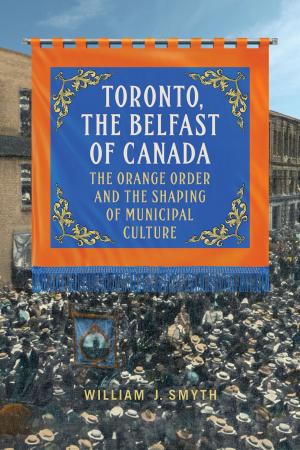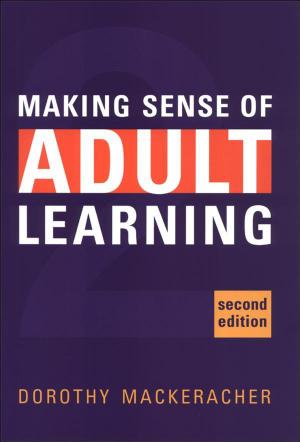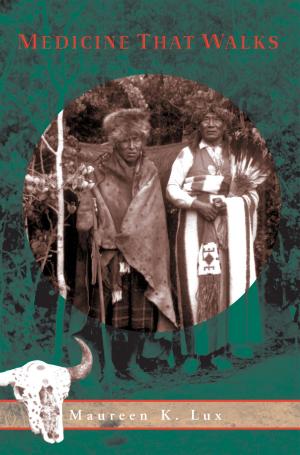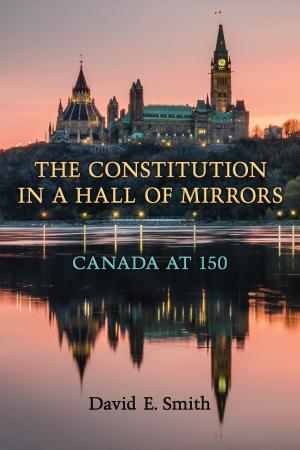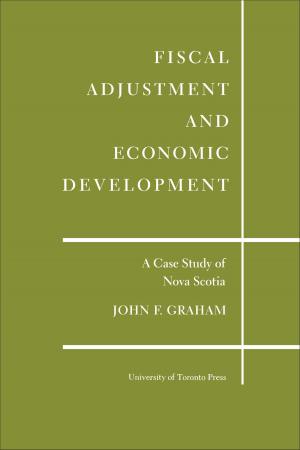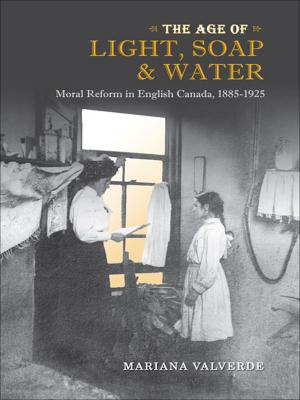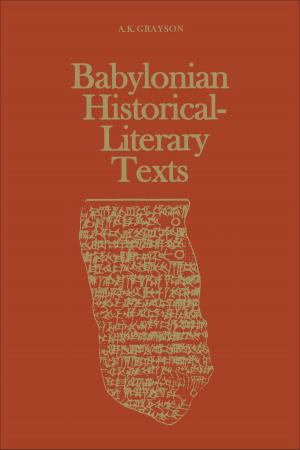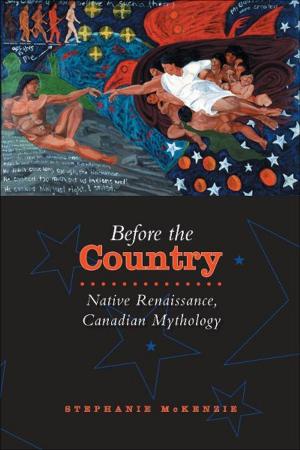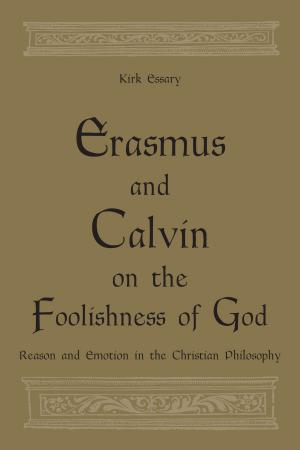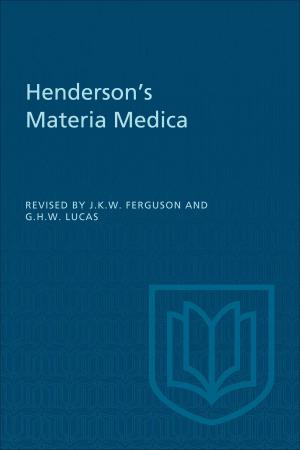Resolutions and Decisions of the Communist Party of the Soviet Union Volume 4
The Khrushchev Years 1953-1964
Nonfiction, History, Revolutionary, Modern, 20th Century| Author: | ISBN: | 9781487590130 | |
| Publisher: | University of Toronto Press, Scholarly Publishing Division | Publication: | December 15, 1974 |
| Imprint: | Language: | English |
| Author: | |
| ISBN: | 9781487590130 |
| Publisher: | University of Toronto Press, Scholarly Publishing Division |
| Publication: | December 15, 1974 |
| Imprint: | |
| Language: | English |
This set of four volumes is an indispensable reference work for the study of modern Russia in general and Soviet Communism in particular. Ever since its foundation on the eve of the twentieth century, the organization now called the Communist Party of the Soviet Union has been embodying its major policies in documents called 'resolutions and decisions.' These form a much more continuous and extensive record of the evolution of Soviet Communism than the writings of any single leader, and the standard Soviet anthology of these materials has gone through eight editions over a fifty-year period. Yet most of this essential material has been available only in Russian, and even in that language the standard editions have been marred by selectivity and editorial comment that is often politically motivated.
At last students of modern Russian studies have access to a multi-volume work that not only presents the most important Communist Party resolutions and decisions in English, but also amplifies the standard Soviet anthology in important respects and provides editorial explanation that is independent of Kremlin politics. The rich store of materials in these four volumes ranges from the formation of the party to the fall of Khrushchev, and it deals with a wide range of issues. The clearly organized volumes each contain a major introductory essay as well as shorter background essays on each party congress, conference or Central Committee plenum. The documents approved by these meetings are often fundamental in importance, but the centralist operation of the party in power has been such that many of the most vital decisions have been issued in the name of the Central Committee when there was no meeting of that body at all. It is one of the signal achievements of these volumes that the selection of materials included was based on a list of all known part decisions, whether or not they have been included in the main Soviet reference work.
The four volumes in this series are edited as an integral set. Each contains a subject index in which Russian abbreviations and acronymic names are translated. Tables summarizing the personnel of the main party executive bodies since 1917 are also provided. At the same time each of the volumes is built around a coherent period in the development of Russian Communism, and each reflects the special features of its time.
Volume 4 covers the rise and fall of Khrushchev. Once again factional activity surfaced in the party, as is manifest in the materials translated here. Khrushchev's diverse campaigns emerge not only in party congress documents, but also in a variety of major decisions that have not been translated into English previously and are too little known. The muted nature of the anti-Stalin campaign, as it appeared in party resolutions, is particularly important to study in view of its contrast with the Khrushchev speeches which have been given much fuller dissemination.
This set of four volumes is an indispensable reference work for the study of modern Russia in general and Soviet Communism in particular. Ever since its foundation on the eve of the twentieth century, the organization now called the Communist Party of the Soviet Union has been embodying its major policies in documents called 'resolutions and decisions.' These form a much more continuous and extensive record of the evolution of Soviet Communism than the writings of any single leader, and the standard Soviet anthology of these materials has gone through eight editions over a fifty-year period. Yet most of this essential material has been available only in Russian, and even in that language the standard editions have been marred by selectivity and editorial comment that is often politically motivated.
At last students of modern Russian studies have access to a multi-volume work that not only presents the most important Communist Party resolutions and decisions in English, but also amplifies the standard Soviet anthology in important respects and provides editorial explanation that is independent of Kremlin politics. The rich store of materials in these four volumes ranges from the formation of the party to the fall of Khrushchev, and it deals with a wide range of issues. The clearly organized volumes each contain a major introductory essay as well as shorter background essays on each party congress, conference or Central Committee plenum. The documents approved by these meetings are often fundamental in importance, but the centralist operation of the party in power has been such that many of the most vital decisions have been issued in the name of the Central Committee when there was no meeting of that body at all. It is one of the signal achievements of these volumes that the selection of materials included was based on a list of all known part decisions, whether or not they have been included in the main Soviet reference work.
The four volumes in this series are edited as an integral set. Each contains a subject index in which Russian abbreviations and acronymic names are translated. Tables summarizing the personnel of the main party executive bodies since 1917 are also provided. At the same time each of the volumes is built around a coherent period in the development of Russian Communism, and each reflects the special features of its time.
Volume 4 covers the rise and fall of Khrushchev. Once again factional activity surfaced in the party, as is manifest in the materials translated here. Khrushchev's diverse campaigns emerge not only in party congress documents, but also in a variety of major decisions that have not been translated into English previously and are too little known. The muted nature of the anti-Stalin campaign, as it appeared in party resolutions, is particularly important to study in view of its contrast with the Khrushchev speeches which have been given much fuller dissemination.

